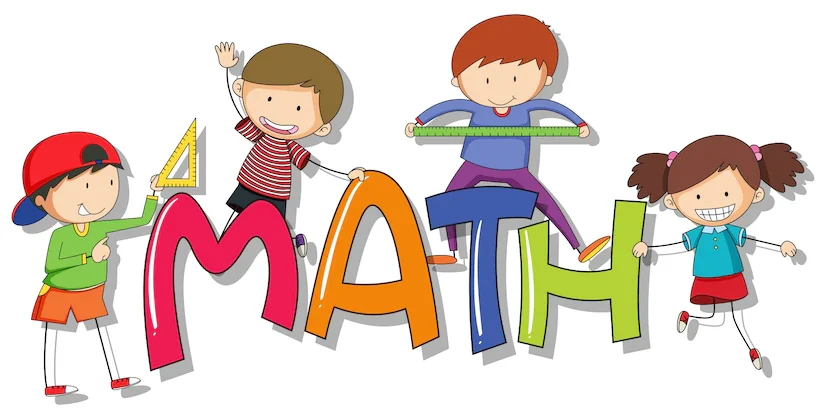Math is nearly non-existent in preschool educational programmes. Learning math does not receive the same level of attention and appreciation as picking up letters or spelling words. We typically assume that teaching children to count from 1 to 10 is sufficient for them to learn math. Since kids normally just memorise the digits, learning to repeat numbers from one to ten does not get them very far. Parents, instructors, and educators have embraced the concept of early reading and writing, but many also believe that learning math may be done later. This notion must be reconsidered because early math is critical not just for academic success but also for the development of children’s brains. Let’s analyze why early math is important?
Mathematical awakening is to assimilate mathematical concepts in kids through play and daily life occasions rather than just memorizing numbers. We need to realize that kids are born with math skills and we only need to nourish it. So the important thing is to introduce math in their play and it is possible in multiple ways. Every kid tends to engage in play, either with peers or alone and quite often they come up with some challenges that are difficult to tackle, but not too difficult. Pursuing these problems might create great analytical skills and problem solving skills in kids. Vanderbilt study of 2014 shows that mathematical precocity early in life predicts later creative contributions and leadership in critical occupational roles. These aspects of play can be implemented to teach the concepts of maths without interrupting their fun.
Counting can be a fun game to play with your kids, and it helps them learn numbers as they count their favorite toys! This is also an opportunity for you to teach children classification skills. You could show how things fall into different categories- like big vs small objects or red items from green ones. The more opportunities you have to classify something in the world around us, the better we will become at sorting out things that belong together when presented with new information later down the road! You’ll find that the constant comparison and analysis will do wonders for your kids as they grow. These comparisons are like a natural primer on how to make critical decisions later in life, when all of their options can be laid out before them!
Geometry is one of the most crucial concepts in mathematics and children are able to quickly learn and master this concept since their toys contain shapes: round, square, and triangular. With these tools, kids improve their spatial understanding as well as logic skills. In addition building with blocks can be a lot of fun, but it turns out that there are also many benefits to giving your child this toy. It’s been shown in studies how much block building improves math and science skills as well as general reasoning abilities for children who play at least once per week which is more than enough time if they’re getting the full benefit from their increased intelligence. Building with blocks has plenty of advantages when given freely to kids.
Learning to love math can start early. There are a lot of ways you get your child interested in the subject and they don’t have to be complicated or time-consuming either! For example, when it comes to shapes, there is plenty for kids with no formal education yet. They just need us as parents/educators pointing them out from different angles and explaining why we call that shape by this name while also giving examples of how many sides an object has if needed (e.g., pyramid). And then take one idea further like learning multiplication tables – even though these might sound tedious at first glance, and who needs boring tasks anyway? Have some fun by letting your kid see things change quickly through multiplying numbers together such as 6.
As Albert Einstein famously said, “Pure mathematics is in its way, the poetry of logical ideas.” It is common knowledge that learning mathematics from an early age has a positive impact on academic success in the long term; however, it also teaches a kid to accept mistakes, come up with more creative solutions, and to be logical and critical, all of which are important life skills.


Recent Comments